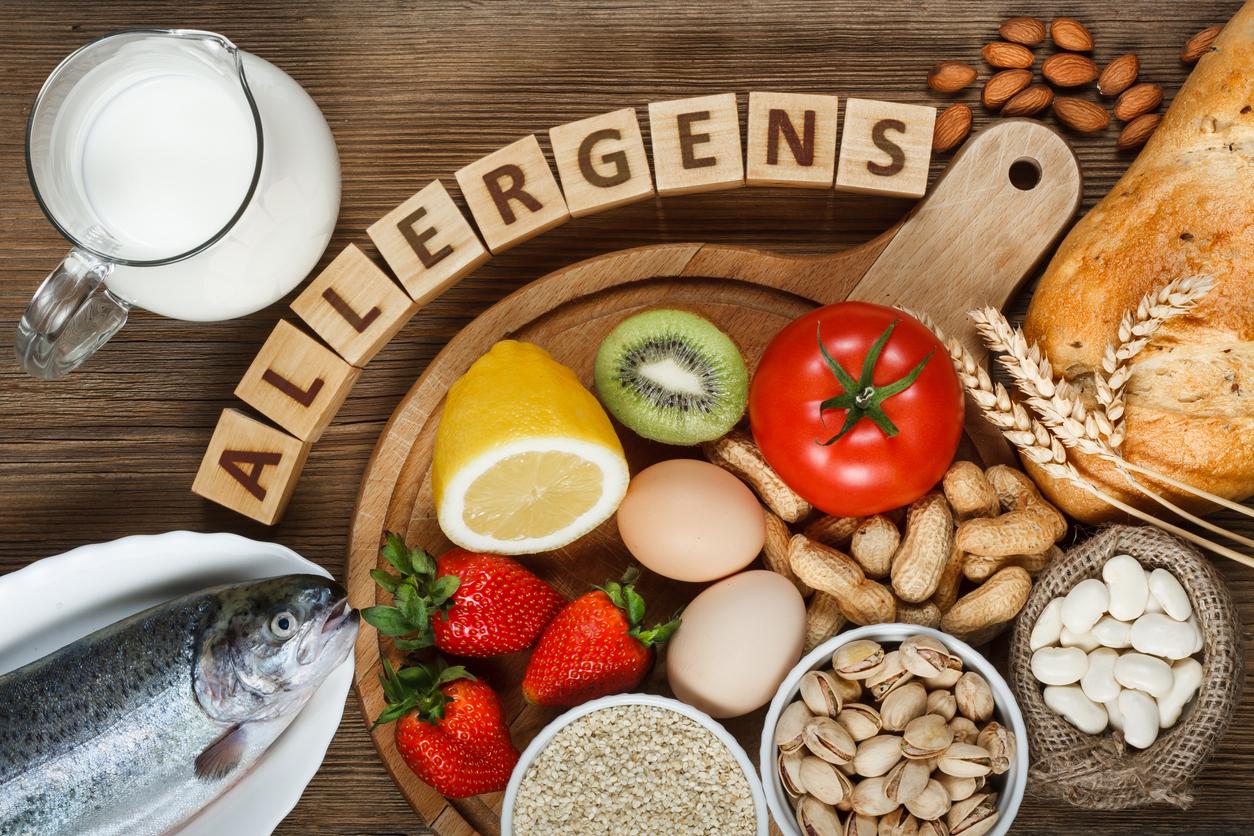The introduction of eggs and peanuts in the diet of babies between 4 and 11 months would reduce the risk of developing allergies.

Introducing allergenic foods very early in the diet of children would reduce the risk of developing food allergies, suggests a study published in the scientific journal JAMA. These British studies show in particular that adding eggs and peanuts to the diet of babies between 4 and 11 months reduces the risk of allergies to these two foods.
“So far, we have not advised parents to give these foods to young children but rather to delay the introduction of allergenic foods such as eggs, peanuts, fish and wheat,” explains Dr Robert Boyle, works manager who wanted to check that this advice was not incorrect.
For this, researchers from Imperial College London (United Kingdom) analyzed all the studies published between January 1946 and March 2016, and only selected 146 publications, bringing together more than 200,000 children.

Reduce risk by 40-70%
The results show that children who start eating eggs between 4 and 6 months are 40% less likely to suffer from an egg allergy compared to children who eat them later. The same beneficial effect observed for peanuts: consuming them between 4 and 7 months reduces the risk of allergy by 70%. This risk reduction would prevent 24 cases of egg allergy in 1,000 people in Britain and around 18 cases of peanut allergy in 1,000.
However, the researchers acknowledge that their study did not assess the adverse effects of the early introduction of allergenic foods, especially in infants already experiencing allergic reactions. Because of this, Dr. Boyle advises against giving whole peanuts to children, due to the risk of anaphylactic shock, but rather peanut butter without pieces. He also strongly advises against giving eggs and peanuts to children with eczema or other allergies without talking to a doctor first.
.

















